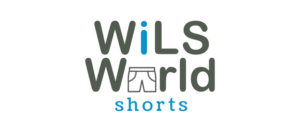SPARC Releases OER State Policy Playbook
 In January, SPARC released the OER State Policy Playbook, a new resource to support state-level advocacy in the U.S. The Playbook provides policy recommendations for state legislators interested in tackling college affordability through Open Educational Resources (OER).
In January, SPARC released the OER State Policy Playbook, a new resource to support state-level advocacy in the U.S. The Playbook provides policy recommendations for state legislators interested in tackling college affordability through Open Educational Resources (OER).
As academic libraries increasingly become the go-to OER experts on campus, librarians are well positioned to provide state lawmakers, government relations offices, and administrators with recommendations on OER state policy. This resource is intended to be given directly to legislators, state policy leaders, and university government relations officers. The recommendations can act as a framework for someone new to OER or be used to update legislation that has been filed in previous sessions. The Playbook also includes tips and other language to consider when writing OER policy.
We think this would be a great resource for anyone advocating for the state-wide adoption of OER (COW, we’re looking in your direction) or people going to Library Legislative Day this week. It’s short, succinct and full of great suggestions. Have a look today!

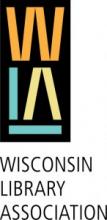

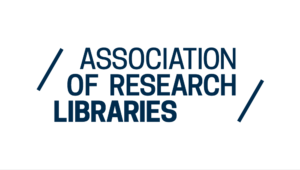
 The Budapest Open Access Initiative (
The Budapest Open Access Initiative (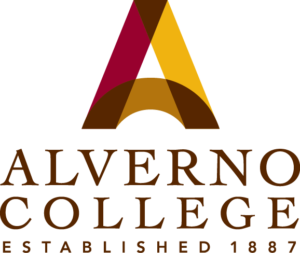 In a
In a 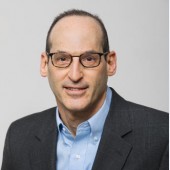 Library Collaborations AND Open Educational Resources? There’s so much here to love! In a recent
Library Collaborations AND Open Educational Resources? There’s so much here to love! In a recent 
